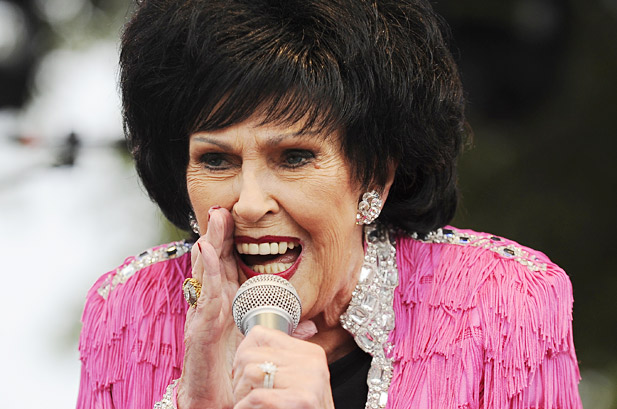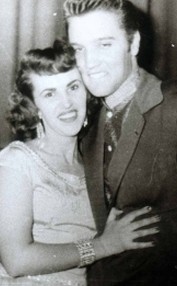It’s so easy to forget that artists are people with real lives and traumas, not just singer/ song-writers that gain life experience solely for the purpose of putting it in a song. Eddie Montgomery is the better half of the musical group ‘Montgomery Gentry’ alongside Troy Gentry. This past week, Eddie Montgomery’s son was involved in a fatal car accident, a horror I can’t even begin to understand. I spent my entire life listening to Montgomery Gentry on the radio in the car and never once did I wonder about either of their families, or the things they might be dealing with. Upon further investigation, I learned that Montgomery had to undergo treatment for prostate cancer, was divorced by his wife (in the same month), AND closed a restaurant he owned all in under a few years. Doesn’t sound like an easy road to walk to me. I couldn’t have told you ANY of that but I sure can spout their album history off from memory, I could probably hit most of their singles as well.
The duo released their first album in 1999, and ‘Lonely and Gone‘ is one of my favorite country songs to date. Their southern rock influence, in tandem with their small-town, proud and loud personalities makes them one of the cooler country music artists in my opinion, aside from Gentry being kind of a dick, I try not to focus on that too much (exhibit A of people blatantly ignoring a musicians personal life and only caring about their music), alongside my personal favorite Toby Keith. Steven Huey of Allmusic referred to them as “multi-platinum country megastars noted for a soulful twang and a big black cowboy hat” and “rowdy redneck rebels who still hold small-town values”, and I really don’t think I could put it better myself. From ‘Daddy Won’t Sell the Farm” to ‘Work Hard, Play Harder’ their sound has been consistent, rambunctious, and in my opinion, it’s been great.
I don’t know if its really a problem that in lieu of scandal or controversy American culture cares more about the song than the artist behind it, I mean to be fair the singers probably appreciate the distance it gives them. Hunter’s death just brought it to my attention. The personal lives of songwriters are the only thing that influences their songs and we care so little about one and so greatly about the latter. RIP Hunter, and my condolences to Eddie Montgomery.



